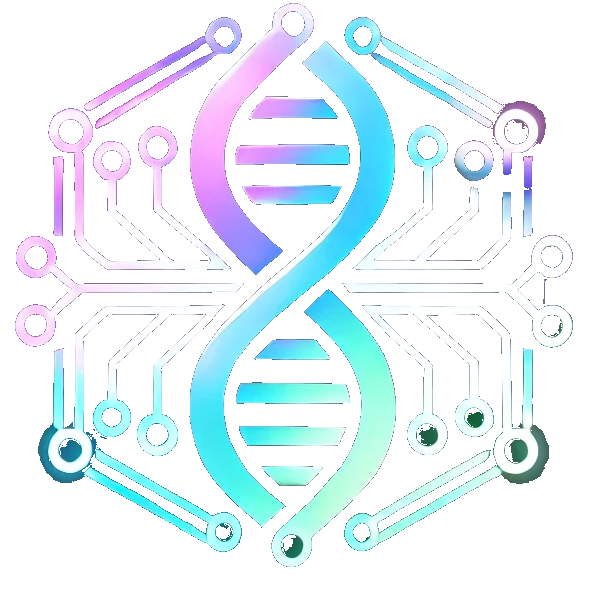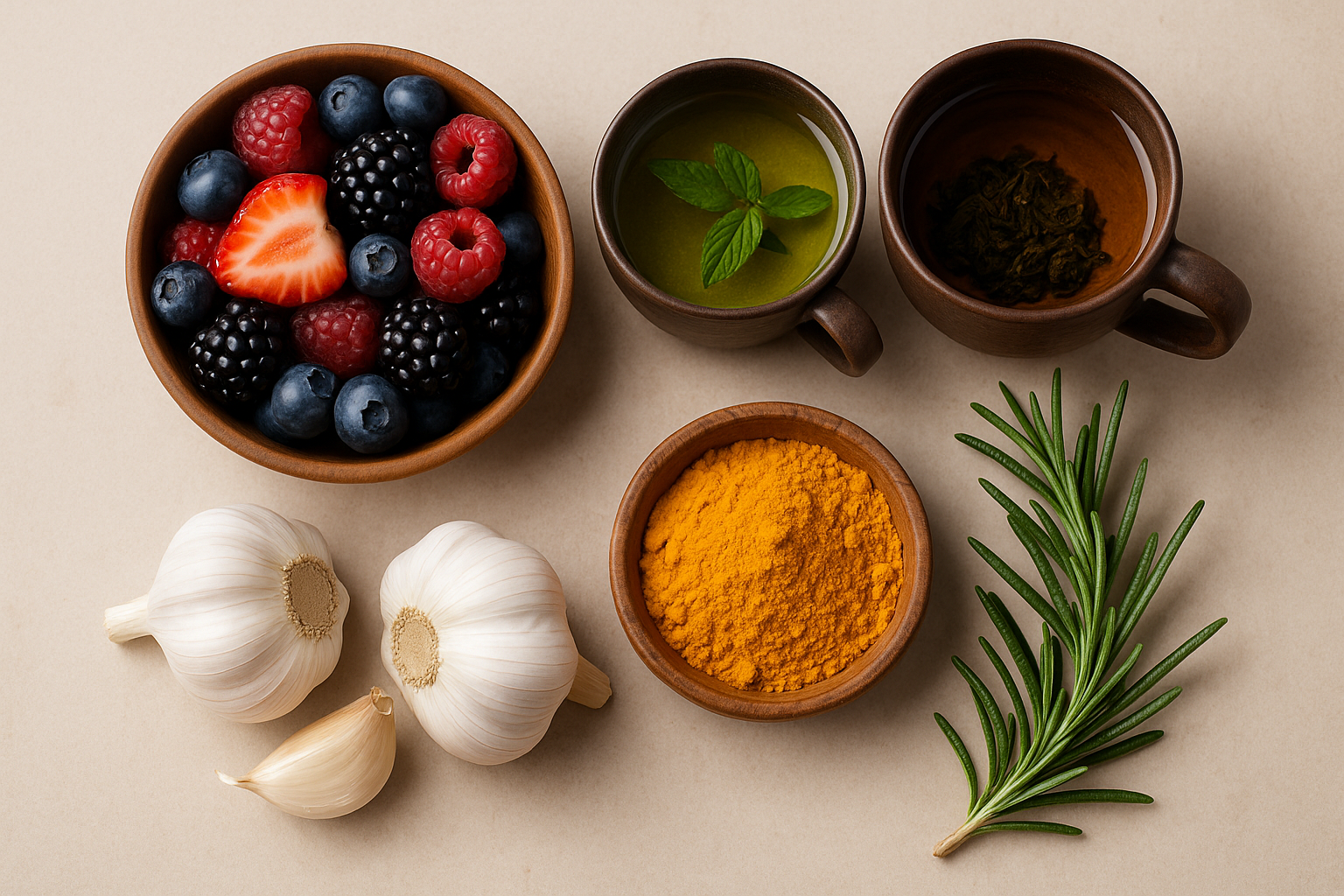an your diet actually turn back the clock? New research says yes — particularly if you incorporate a specific group of plant-based, polyphenol-rich ingredients known as methyl adaptogens.
🔬 What Is Biological Age — and Why Does It Matter?
Biological age measures the functional state of your cells, tissues, and systems — and it may differ significantly from your chronological age. It’s influenced by factors like genetics, environment, stress, sleep, and diet. Slowing or reversing biological aging is increasingly recognized as a key target for improving longevity and healthspan.
One mechanism of biological aging is DNA methylation — a process that regulates gene activity without altering the DNA itself. Increased methylation at certain genomic sites is linked to faster aging and higher disease risk.
🧪 Inside the Study: Can Food Reverse Epigenetic Aging?
In a recent study published in Aging, researchers from the University of Washington and collaborating institutions followed 43 healthy, middle-aged men in Portland, Oregon. All participants completed an eight-week lifestyle protocol that focused on:
- A nutrient-dense, mostly plant-based diet
- Daily exercise
- Stress management techniques
- Improved sleep quality
Their biological age was measured before and after the program using DNA methylation markers.
🌿 The 6 Foods Linked to Reversing Biological Age
Participants who consumed higher amounts of the following six methyl adaptogen-rich foods showed the most significant reductions in biological age:
- Berries – ½ cup daily
- Rosemary – ½ teaspoon daily
- Turmeric – ½ teaspoon daily
- Garlic – 2 cloves daily
- Green tea – 2 cups daily
- Oolong tea – 3 cups daily
These foods are rich in polyphenols, powerful compounds known for their antioxidant and anti-inflammatory effects. Polyphenols may reduce age-related methylation patterns and improve cellular resilience.
“These findings highlight the epigenetic impact of what we eat — not just how long we live, but how well we age,” said lead researcher Dr. Villanueva.
🥦 Additional Dietary Guidelines from the Study
Researchers also encouraged daily servings of:
- Dark leafy greens (spinach, kale)
- Cruciferous vegetables (broccoli, cabbage, cauliflower)
- Colorful vegetables
- Low-glycemic fruits (apples, grapefruit, cherries)
- Seeds (pumpkin, sunflower)
- Lean protein (poultry, eggs, minimal legumes)
Processed foods, alcohol, and excessive dairy were discouraged due to potential negative methylation effects.
⚠️ Caveats and Next Steps
While the results are promising, the authors acknowledge several limitations:
- Small sample size (n = 43)
- Limited demographic diversity
- Results based on one biological age clock model
Future research should explore larger, more diverse populations and validate outcomes using multiple epigenetic age markers.
🧘 Real-World Takeaway
The so-called “methylation diet” is simple, accessible, and food-first — making it a potentially low-risk tool for anyone looking to support healthier aging.
And the best part? You don’t need exotic supplements. Just add a daily dose of herbs, tea, garlic, and berries to your plate — and you may just help your cells feel a few years younger.
Disclaimer: This article is for educational purposes only. Always consult your healthcare provider before making changes to your diet or supplement routine.



